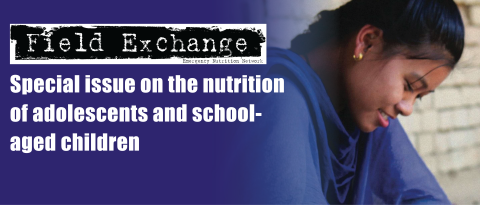Global launch: ‘Making Every School a Health Promoting School’ initiative
Over 90% of primary school age children and 80% of lower secondary school age children are enrolled in schools around the world, a place where they spend roughly a third of their time. Schools have therefore been recognised as a unique setting for both teaching and reinforcing lifelong healthy behaviours. Despite these opportunities, global mortality and morbidity estimates indicate that school-age children are receiving suboptimal health promotion and care services.
To capitalise on this gap in service delivery, on 22nd June 2021, the World Health Organization (WHO) and the United Nations Educational, Scientific and Cultural Organization (UNESCO) chaired a virtual meeting covering their ‘Making Every School a Health Promoting School’ initiative. The initiative, which is projected to serve over 2.3 billion school-age children, focuses on the formal development and promotion of the Global Standards for Health Promoting Schools. The United Nations (UN) agencies hope that these global standards will pave the way to achieving the WHO’s 13th General Programme of Work target by 2023, “1 billion lives made healthier”.
Introductions from WHO and UNESCO highlighted the opportunities that school delivery systems can bring, particularly in the wake of the COVID-19 pandemic where governments have been driven to rethink and adapt education systems. The pandemic has raised important questions on how to connect health, wellbeing and learning more closely, with the two UN agencies noting that it is no longer acceptable that any school is not a health promoting school.
The webinar was split into three sessions. Session one emphasised the key messages featured above while also highlighting that only a handful of countries have successfully implemented the Health Promoting School Approach first articulated in 1995 by WHO, UNICEF and UNESCO. The session then covered the launch of the global standards for Health-Promoting Schools1, a resource package including four documents – the global standards, implementation guidance, case studies and WHO guidance on school health services.
Session two took the form of a panel discussion featuring the voices of Lovel Kappini and Elena Hakobyan, students from Zambia and Armenia respectively, Elena Sevostyan, an English teacher from Belarus, and Nehe Sharma, School Principal of the Delhi Public School India. Between them, the panellists outlined the need for universal healthy food provision in schools via methods such as hot meal provision or school gardens, greater guidance on healthy lifestyles, such as community-based service linkage or school camps, and comfortable and safe learning environments, ensuring adequate mental and emotional health.
Session three featured experiences from those working in countries aligned with the Health-Promoting Schools initiative as well as a discussion with partner organisations – UNICEF, the World Food Programme (WFP), Save the Children, the Children’s Investment Fund Foundation and Academic Partners. Collectively, these testimonies commented on the need for scaling up the initiative, COVID-19 mitigation, integration with other national health initiatives and the need for standards to be both localised and evidence-based.
In summary, despite the successes observed in health promoting within schools, there remain opportunities to improve upon global health objectives. Developing formal global standards is an avenue for success as it is no longer acceptable that any school is not a health promoting school.
Moderators: Selim Razek, student, Vibeke Jensen, UNESCO and Ruediger Krech, WHO.
Speakers: Anshu Banerjee, WHO; Lovel Kapini, student; Elena Hakobyan, student; Elena Sevostyan, English Teacher; Nehe Sharma, School Principal; Nnaniki Makwinja, Ministry of Basic Education, Botswana; El Kashef, Medical Doctor; Suphat Champatong, Ministry of Education, Thailand; Luwei Pearson, UNICEF; Jutta Neitzel, WFP; Susan Sawyer, academic partner on Health-Promoting Schools.


